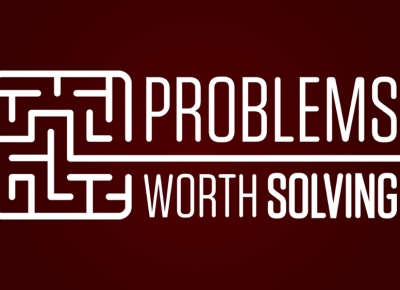Next Generation Science Standards
It is essential that all students have access to a high-quality science education that provides them with the skills and knowledge they need to be well-informed citizens, to be prepared for college and careers, and to understand and appreciate the scientific enterprise. The National Science Teachers Association (NSTA) recommends the adoption and implementation of the Next Generation Science Standards (NGSS; NGSS Lead States 2013) as an effective, research-based approach to accomplish these goals and transform science education.
From health care to environmental stewardship, a countless number of personal and societal issues require citizens to make informed decisions based on their understanding of science and technology. Today's modern workforce depends on individuals with scientific and technological skills (NRC 2010; NSB 2010). Research shows, however, that we are not preparing all students to achieve high levels of science performance (USDOE 2011); we are failing to graduate enough students with the skills needed to fill the growing number of jobs in science, technology, engineering, and mathematics (STEM) (NRC 2010); and many members of our society do not command the scientific literacy necessary to address important societal issues and concerns (NCES 2010).
Science education traditionally has focused on large volumes of content, primarily basic facts and vocabulary, while falling short on the deeper understanding of key scientific concepts and the application of these concepts to daily life. The NGSS calls for refocusing K–12 science to improve college preparation, STEM career readiness, and the ability of all members of society to make informed decisions. (See the NSTA Background Paper on the development of the NGSS.)
Read more HERE
Reference
https://www.nsta.org/about/positions/ngss.aspx
https://ngss.nsta.org/AccessStandardsByTopic.aspx
https://ngss.nsta.org/Documents/ngss_infographic_2_v2.pdf









